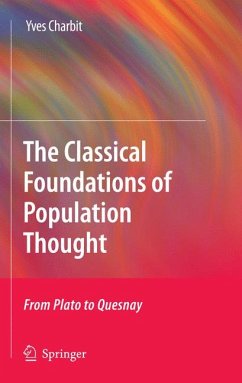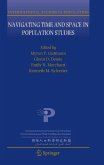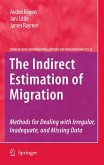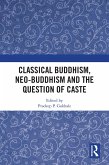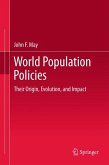Dieser Download kann aus rechtlichen Gründen nur mit Rechnungsadresse in A, B, BG, CY, CZ, D, DK, EW, E, FIN, F, GR, HR, H, IRL, I, LT, L, LR, M, NL, PL, P, R, S, SLO, SK ausgeliefert werden.
"Charbit's interesting book offers an anti-mythology, an archaeology of past ideas about population that questions and undermines the traditional teleological accounts. ... This is a learned book that offers intelligent contextualizing readings of some key texts of early modern political and economic thought, and uses these to make an important point about the conventional teleological narratives of the development of demography as a discipline. As someone who is interested in all these things, I found it informative and illuminating ... ." (Neville Morley, Population Studies, Vol. 66 (3), November, 2012)

